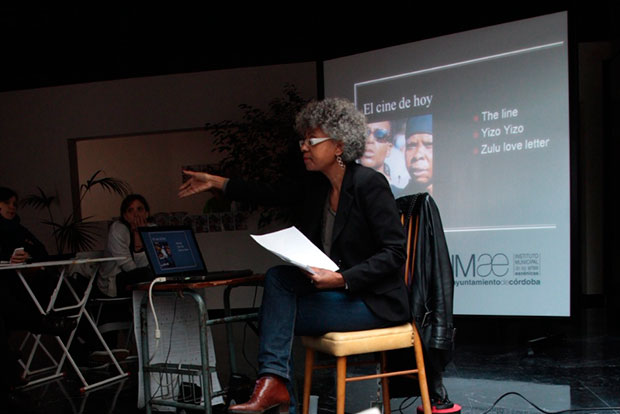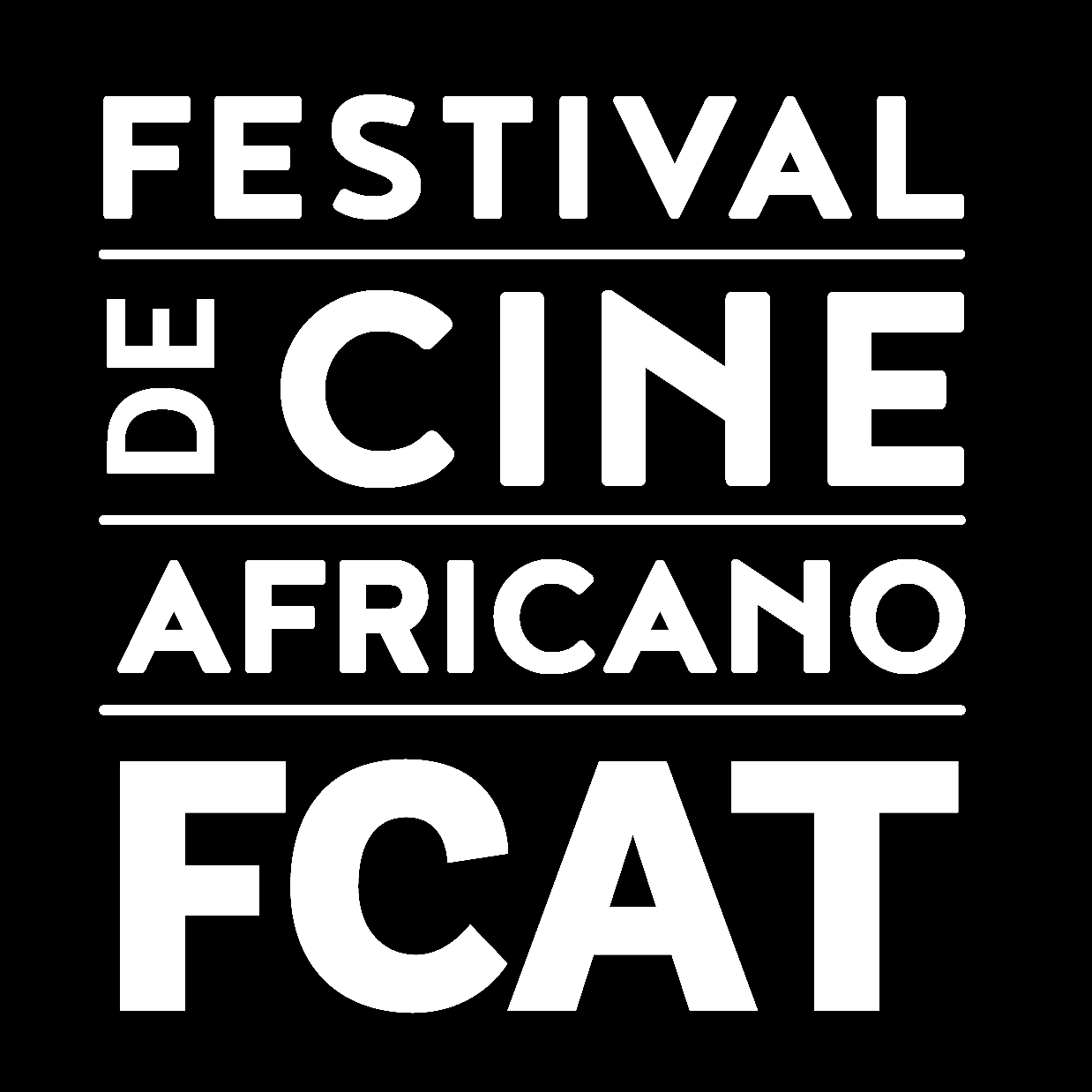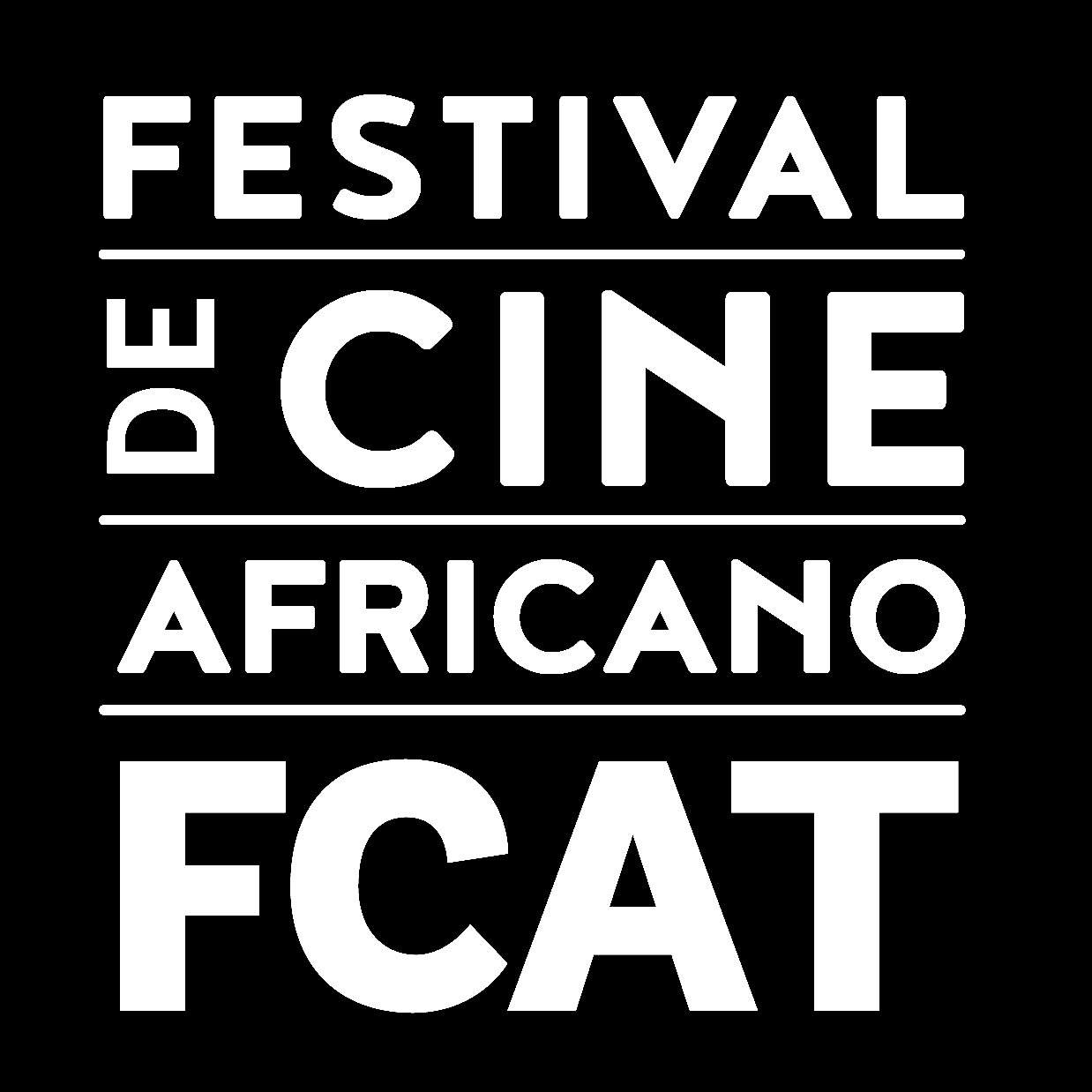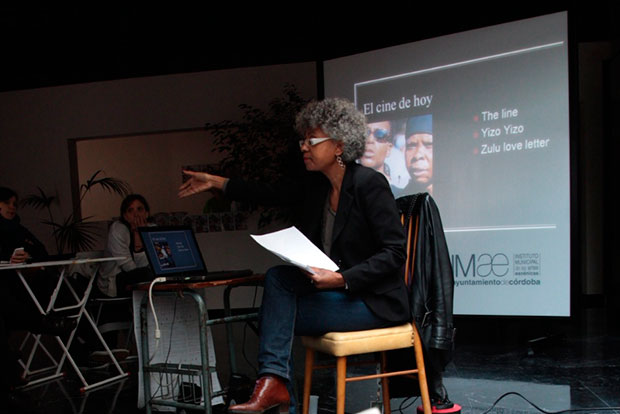The first day explores the history of the South African cinema and analyses Adiós Carmen and Por aqui tudo bem
 The first day of the Festival has started with a first session that has been in charge of the Responsible of Cultural Affairs of the Institut Français of Sevilla, Annouchka de Andrade. In this first session “The South African cinema: from the apartheid to the reconciliation”, De Andrade has marked a journey for the South African cinema, asserting that the South African people “is still fighting to make visible their own point of view about their history”. In this sense, she regretted that all that we hear about South Africa through the audio-visual is through the Western cinema and has mentioned the difficulties that exist in the cinema production. The opposite happens in the distribution, that has an important investment.
The first day of the Festival has started with a first session that has been in charge of the Responsible of Cultural Affairs of the Institut Français of Sevilla, Annouchka de Andrade. In this first session “The South African cinema: from the apartheid to the reconciliation”, De Andrade has marked a journey for the South African cinema, asserting that the South African people “is still fighting to make visible their own point of view about their history”. In this sense, she regretted that all that we hear about South Africa through the audio-visual is through the Western cinema and has mentioned the difficulties that exist in the cinema production. The opposite happens in the distribution, that has an important investment.
In the afternoon she has been in charge of the presentation of Sambizanga by Sarah Maldoror, in the Góngora Theatre. This film reflects the repression in Angola by the Portuguese colonialists. De Andrade, the daughter of Sarah Madoror, has summarized the cinematographic career of Maldoror, who studied cinema in Moscow. This fact has influenced her work, by the Russian cinema. From her career, she remarked the importance of the politic commitment and the women’s role in her films, bringing up Sambizanga as an example.
According with the Institute Français representative, this social commitment is originated in the roots of the director’s experience during the seventies, when she observed that the Vietnam War was prominent, in relation to other wars that were taken place at the same time in some African countries. The screening of this film has been part in the parallel section “Tales from the past: South African and Angola”, a journey through the recent history of these countries.
‘Appetizers” for all days of the week
De Andrade session has been appropriate for the beginning of one of the parallel activities that started yesterday: the “Cinema Appetizers”, moderaten by the film critic Javier H.Estrada (Revista Caimán). In this first session the Moroccan Mohamed Ahmin Benamraoui and the Angolan director —and jury member of FCAT 2015— Pocas Pascoal, have analysed their films Adiós Carmen (the opening film of this FCAT edition) and Por aqui tudo bem, respectively.
Both of them have talked about the autobiographic features of their films. Pocas Pascoal left Angola when she was very young, so the historical memory has been imposed in her film. As the director said “I am not only talking about my personal background, but also about the background of a lot of the Angolans”.
Benamraoui had his own “Carmen” in his life. She has been the person who passed him her passion for cinema. The director stated that as a Berber, he has the need to come back to the historical memory, to valorise his culture, because he has a strong connection with the Berber culture. For that reason the context is something important in his film, showing the parallelism among the Moroccan people that migrated to Europe as labour force and the Spanish exiled to Morocco during the Franco dictatorship.
Pascoal has assured that “it is difficult to conceive the art and cinema dissociated of the social and political situation”. Consequently the context is something basic in her films. Apart from that, both of the directors reflect in their films “the awaiting”. In Por aqui tudo bem, Lisboa is a “waiting place” and in Adiós Carmen, is the waiting of the return of an important relative.
The “Cinema Appetizers” are informal meetings between guests’ filmmakers, film enthusiasts and journalists, will rely on the presence of Javier H as a moderator thanks to the special collaboration between the FCAT and Caimán (www.caimanediciones.es), a magazine devoted to film criticism.


